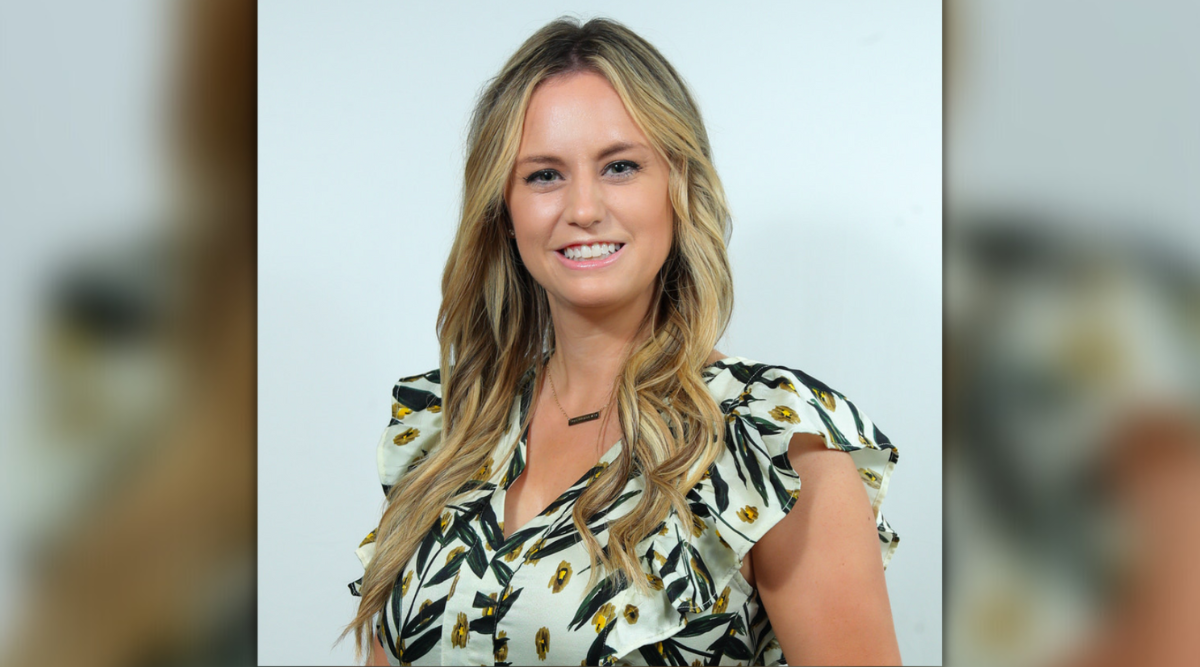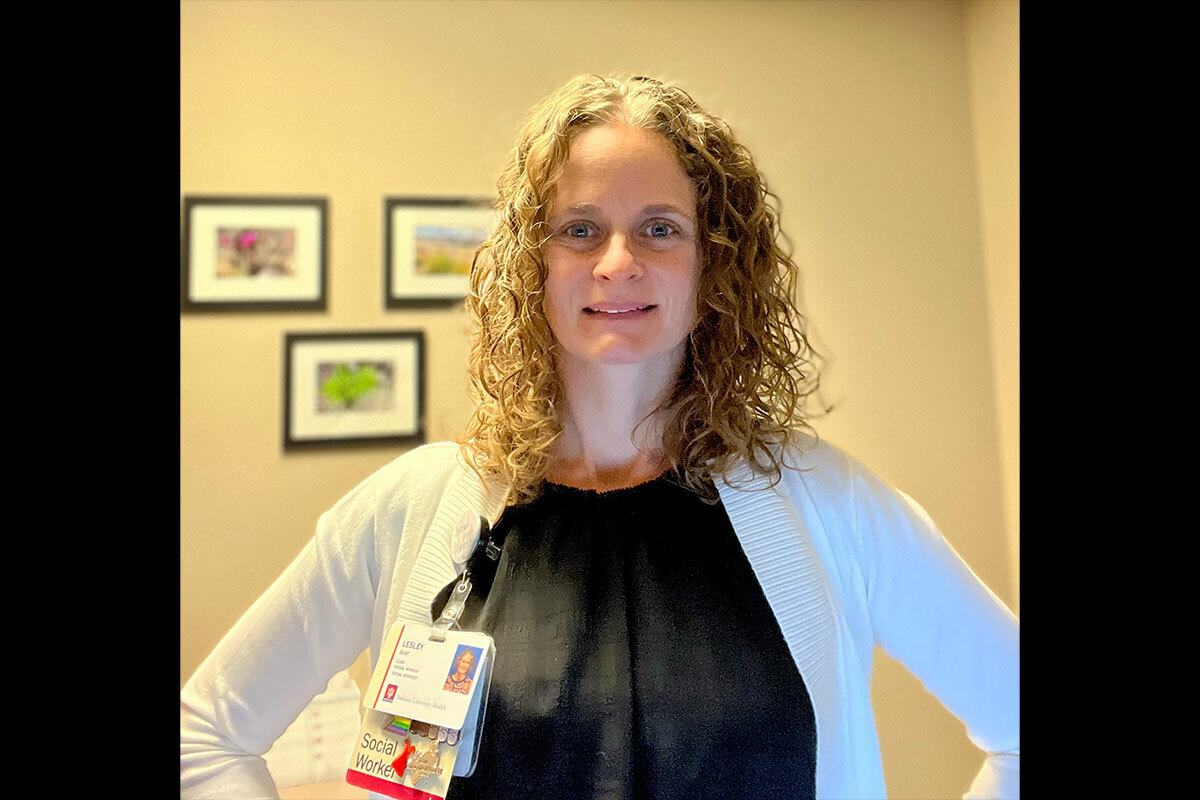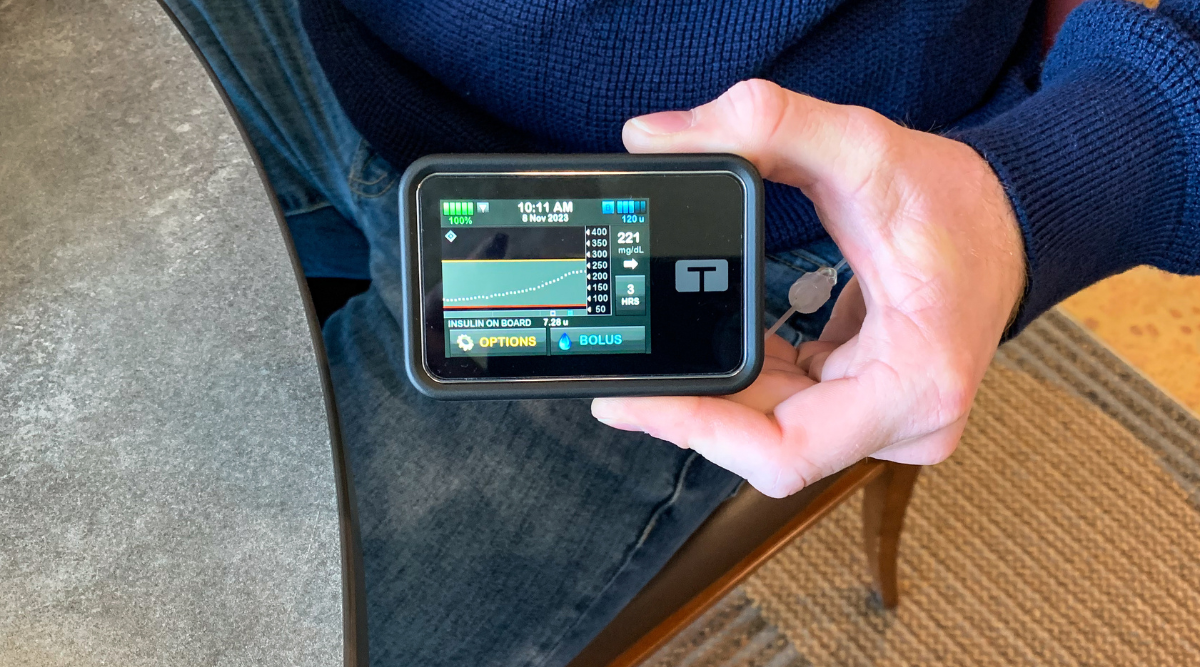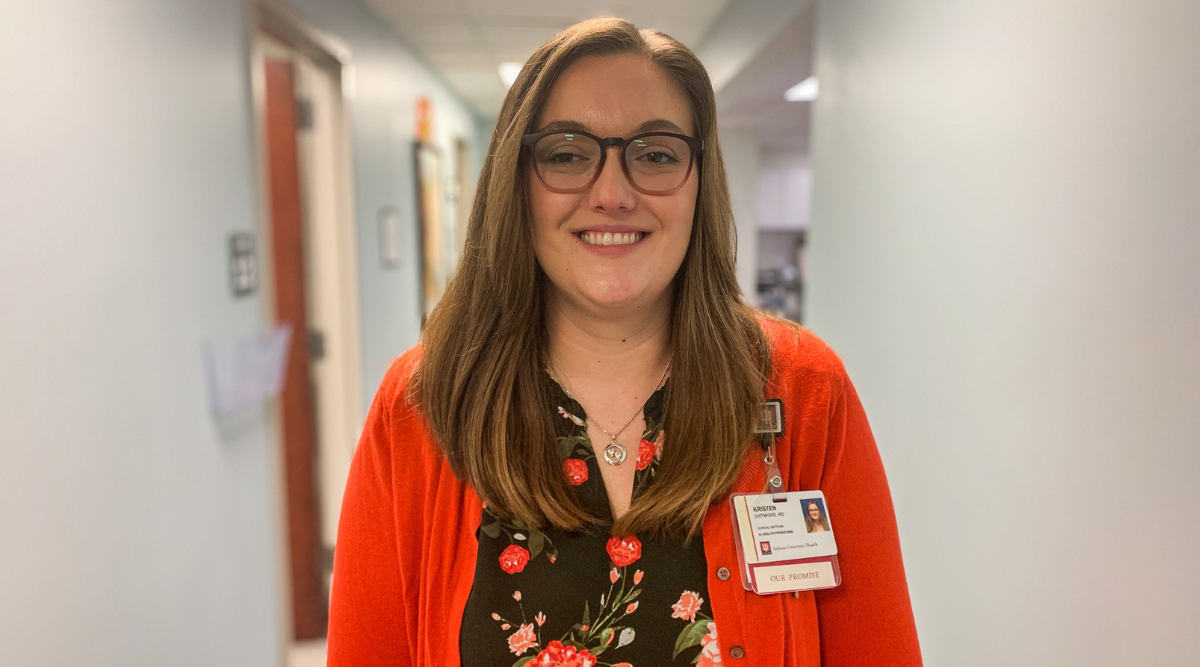IU Health is making healthcare prevention more convenient. Here’s how:
By TJ Banes, IU Health Senior Journalist, tfender1@iuhealth.org
For more than 20 years, William Blakely has brought his son, William Blakely IV to Master’s Touch barbershop at New Direction Church, located on East 38th Street.
In those 20 years, the senior Blakely has never seen a blood pressure check in a barbershop.
Rick Taylor has been a barber for three decades. Never in his career has he seen a blood pressure check in a barbershop.
That is until recently.
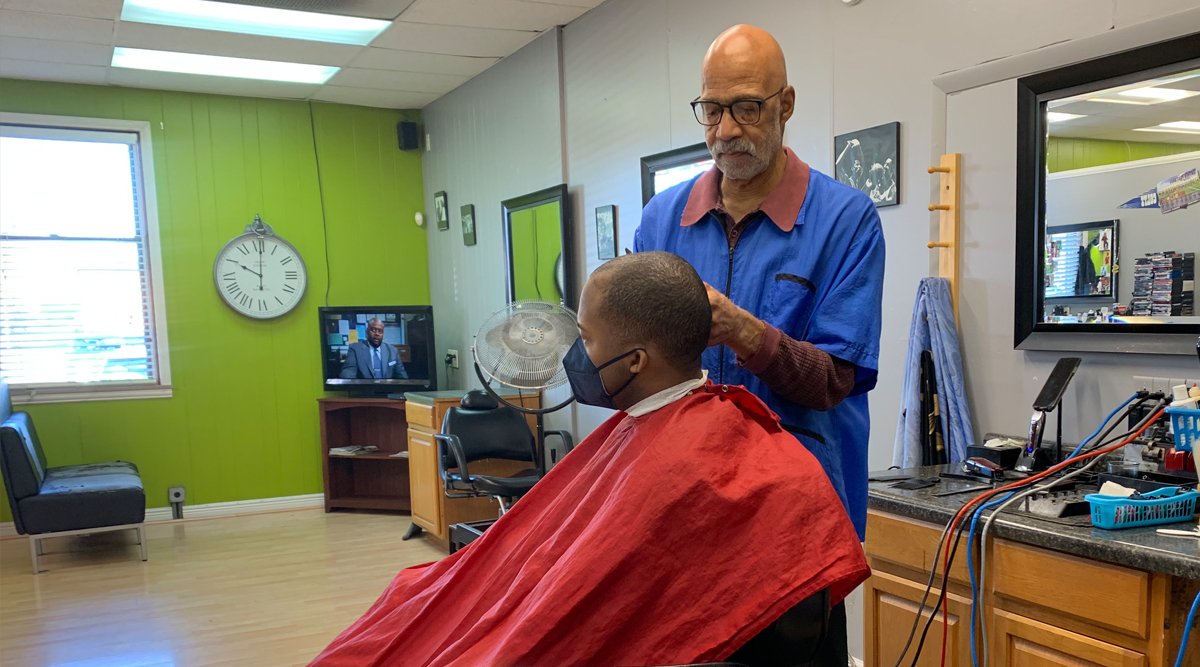
As the younger Blakely got a trim by Taylor, his dad got his blood pressure checked by IU Health Certified Medical Assistant, Angela Poore. The screenings are part of a community health initiative to provide prevention, education and early detection of cardiovascular disease.
“With men they kind of shut down when it comes to talking about health until after the fact,” said Taylor. “I think this is a great idea. We tend to wait until something hits us and the damage is already done.”
Research indicates cardiovascular disease is a chronic condition affecting the heart and a leading cause of poor health. In the United States, serious complications of heart disease are 23 percent higher among the African American population compared to the white population. In response to a growing need, IU Health is taking free screenings into community barbershops. In addition to blood pressure checks, clinicians are providing cholesterol and diabetes screenings. If a client shows signs of elevated blood pressure he will have an opportunity to meet with a virtual health consultant at no charge.
Barbershop locations were specifically chosen based on the greatest needs – neighborhoods where there is the greatest prevalence of hypertension, said Calvin Sanders, health equity manager with IU Health Office of Health Equity Research and Engagement.
As of late October, 101 people were screened and 78 showed a risk of hypertension. About 37 of those people had never been told they had high blood pressure, said Sanders.
“There is a such a high concentration of the disease but so few access points of care so if you’re a resident in those neighborhoods, we need to see how we can imbed help to improve heart health,” said Sanders.
The American Heart Center reports about 55 percent of Black adults have high blood pressure. The number means that high blood pressure among Black people in the United States is among the highest in the world. The most adverse social determinants of health include lack of access to care and lack of access to healthy foods.
The Indianapolis Health Equity, Access, outReach and Treatment (iHEART) is a free service that connects clients with health workers. The program is funded through a collaborative agreement with Novartis Pharmaceuticals Corporation. Services offered include education about managing blood pressure and connecting clients with additional resources to assist with food, housing, utilities, transportation, medical care, and prescription costs. For more information on this free service: email chw@iuhealth.org or call 317-963-2013.

